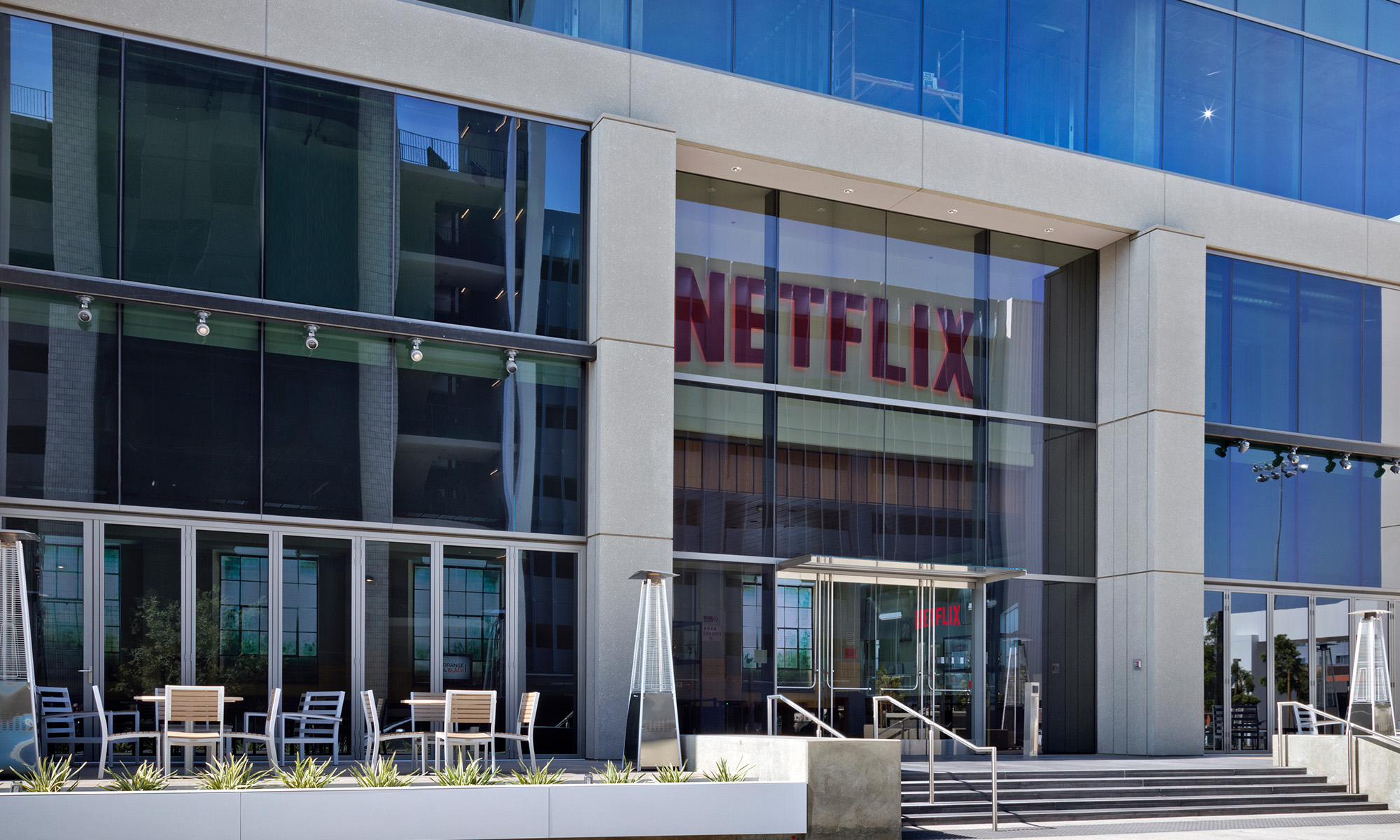It may come as a surprise to some, but investing in the stock market should be done in the same way that you would invest in your own personal or private businesses. An individual would certainly be foolhardy to want to open a business requiring significant cash up front with little guarantee of recouping that cash in the foreseeable future. This is exactly why the nearly 40% increase in Netflix (NFLX 1.19%) shares has me scratching my head. I'm an astute follower of cash, and I'd like to take you on a journey through the wonders of Netflix's cash flow. Let the journey begin!
Netflix isn't what it used to be, folks
Netflix had a wonderful 2012; it added nearly 10 million streaming members and generated profits as far as the income statement is concerned. At the end of the day, it's not what you report to the government, but what money you're putting in your wallet, and in Netflix's case it was a negative $58 million after capital expenditures. In all fairness, a large portion of that, $48 million, was devoted to acquiring DVDs, which in the long term should eventually fade away.
What really bothers me as an investor is how the streaming content cost is buried away in the operating segment of cash flows and not under capital expenditures like DVDs. Netflix is following generally accepted accounting practices here, but it would be more shareholder friendly to break this out for shareholders. In 2012, Netflix paid $2.5 billion in content acquisition costs, which is far above the $406 million paid in 2008.
This is just the beginning of story, though. After paying for the content, it's transferred to the balance sheet and expensed (amortized) over the life of the content contract. This adds another complexity to determining the actual cash flow associated with streaming content. Here's a table of the breakdown over the past three years:

Those figures won't be exact but should be conservative estimates on actual cash used for streaming content per year. Cash paid for streaming content has dramatically increased and is much higher than the $48 million used to pay for DVDs this year. The problem is DVDs had a much higher profit margin than streaming, but at more than 100 times earnings, Netflix is priced for huge profits in the future. These expectations of growth are looking to be pretty lofty, but let's take a gander at the expectations.
What Mr. Market expects from Netflix
At such a lofty valuation, Netflix has to start driving profits higher very soon. This will be accomplished through increased subscriptions or lower content expenditures, or a combination of both. On conference calls, management has noted that it doesn't expect content costs to decrease, but it does expect the rate of increase to slow down. Management also highlighted that cash flow would be more negative in the next quarter and improve substantially in later quarters. The company currently doesn't give guidance on free cash flow, but judging from recent earnings it's probable it will be negative in 2013 as well.
That leaves shareholders with one glimmer of hope, and it's exactly that hope that caused shares to skyrocket today -- new paying customers. In 2013, Netflix plans on adding 4 million paying customers, which is less than the paid subscribers added in 2012. If growth is indeed going to slow, Netflix investors should keep on eye out to make sure content acquisition costs are decelerating and cash flow from operations is increasing because new members are being added. Otherwise, share prices could be in for a precipitous drop.
Should investors cash out now?
Seeing shares go up 40% can do many things to the human mind and cause several biases. You can get confirmation bias from seeing the success of your actions and reinforcement bias as the masses are in favor of your decision. The question is whether you're aware of the forces at work and whether you should indeed cash out today.
Let's look at the facts: Content costs have ballooned at an incredible rate over the past three years, many competitors are vying for market share, analysts have expectations of 18% long-term growth, and the price-to-earnings ratio implies earnings growth greater than 100%. All these factors combined would make me run for the exits, but I of course have no vested interest, so that's easy for me to say.
In closing, I turn to Benjamin Graham: "In the short run the market is a voting machine, but in the long run it is a weighing machine."






